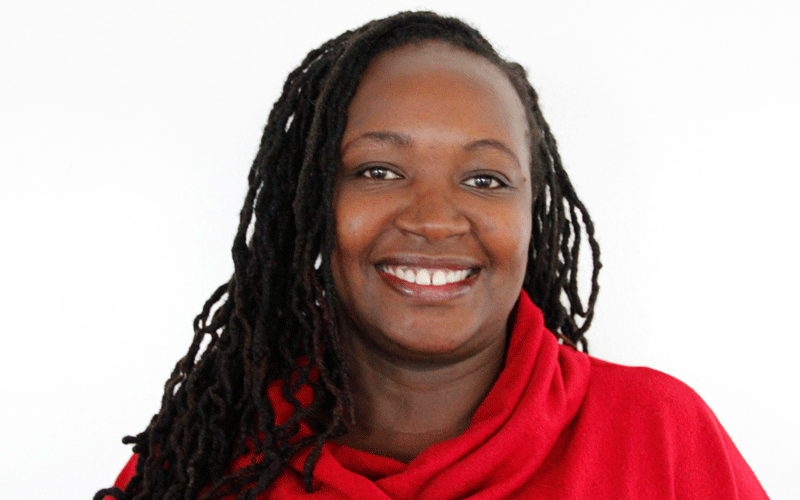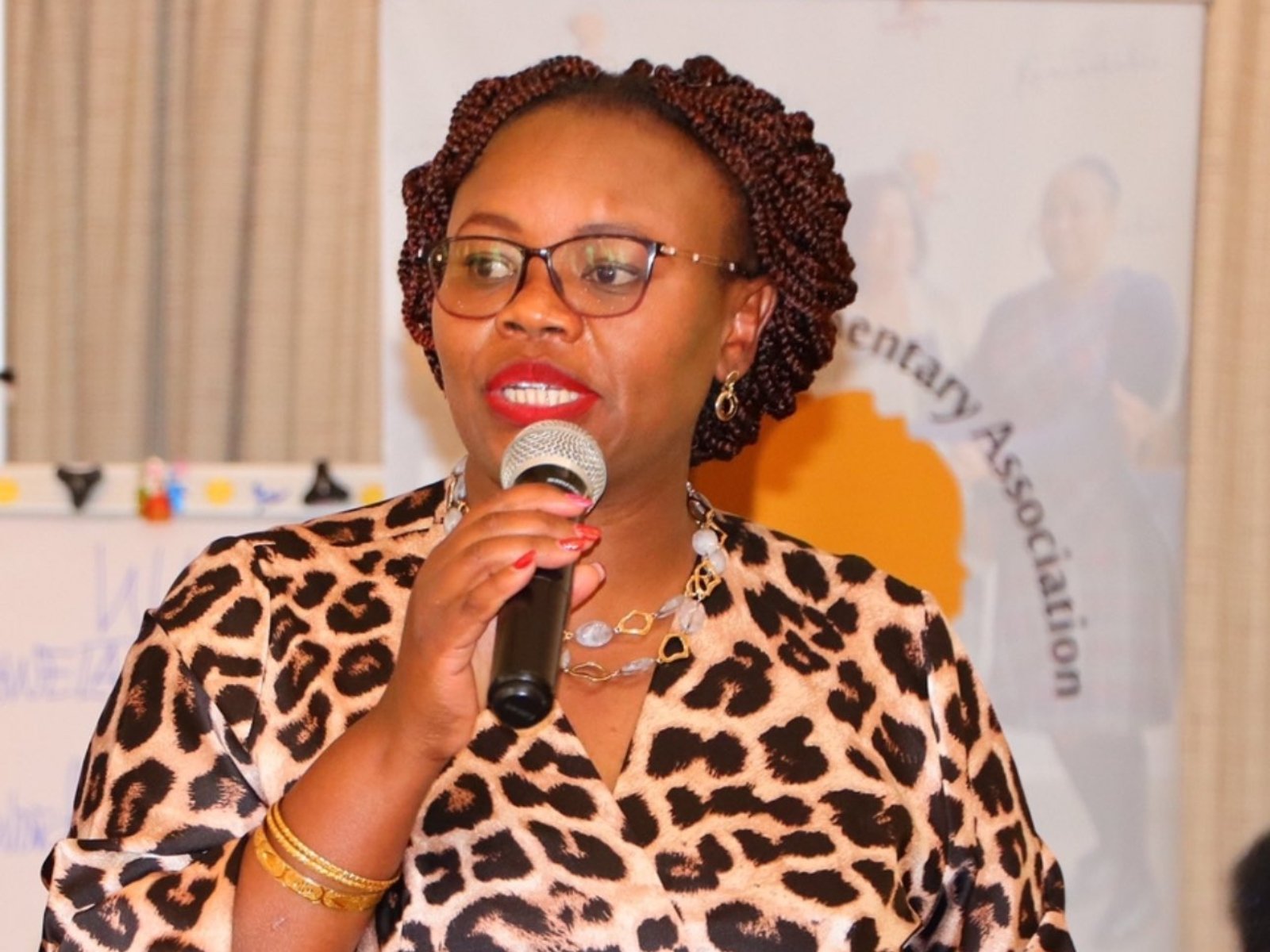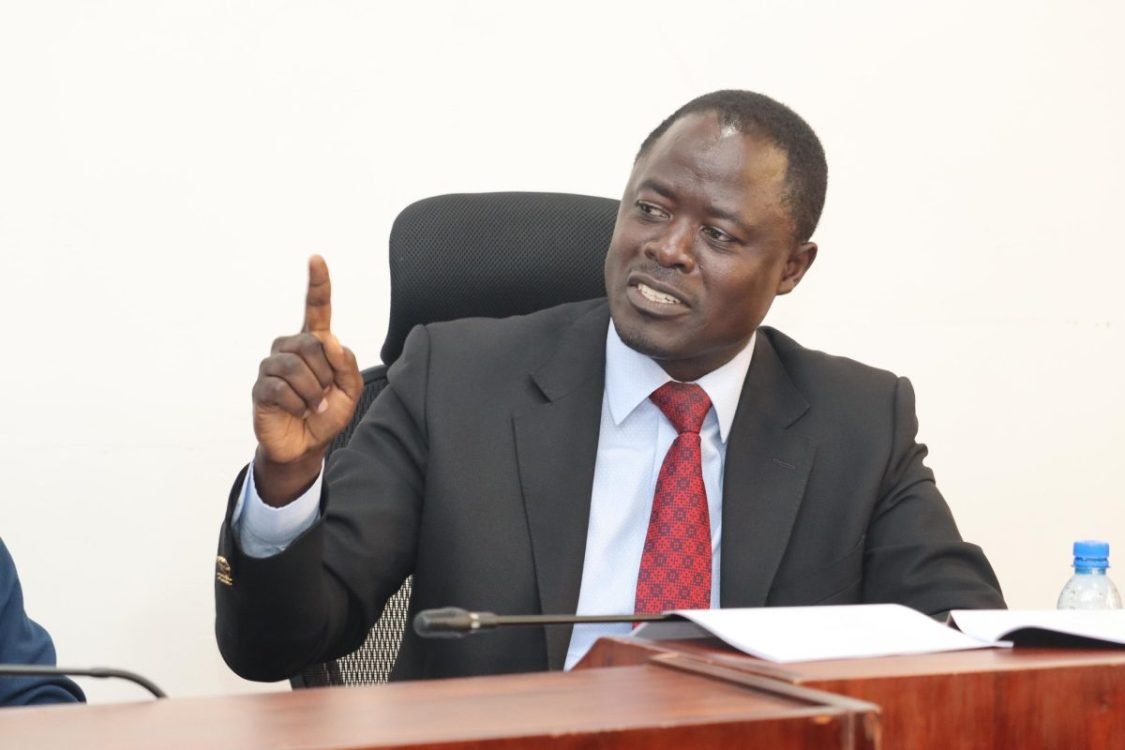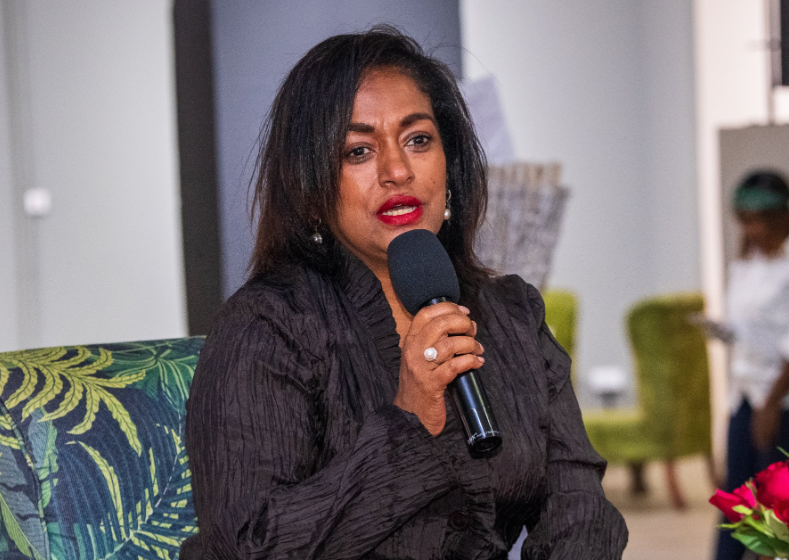SMS platform to boost reproductive health

Sandra Wekesa @wekesa_sandra
Sexual and reproductive health among adolescents continues to be one hard topic to discuss, especially in many African households.
With many parents tiptoeing around the subject, it is so hard for teenagers to get answers to important aspects such as family planning and sex.
Research show that women worldwide often lack easy and confidential access to contraceptive information and services, even where local providers and products are involved.
There has also been improving quality of care and increase consumer knowledge of contraceptive methods.
Zero judgement
However, with the growing numbers of mobile phone use among the youth, it is safe to say such issues can be tackled with ease.
Lillian Kihiu and her team can attest to this, as they have been able to bridge the gap between parents and children, and between teens and their peers, through the invention of Ask Nivi, an artificial intelligence platform that answers sexual and reproductive health questions.
Her team, comprising six permanent employees and 50 casual labourers, discovered the unwillingness of people to hold conversations around sexual reproduction and access of information, hence introducing chat robots, which automate conversations anonymity and zero judgment.
“We are dedicated to help girls take care of themselves, eventually leading them to become better at what they do, especially in school because they are no longer tied down to pregnancies,” she says.
Although their main office is based in the US, Kenya is the flagship county with about 300,000 users of the app at the moment. This has helped them roll out in India and America.
In 2017, Kihiu saw the need of starting off in Kisumu to try lower HIV/Aids prevalence by having conversation with the community on the need for protection and basic self care.
“I remember we would go to campuses talk to them on the need of using condoms and that is how we were able to grow,” she says.
With time, they were able to grow from having one on one conversation in campuses to coming up with short message services (SMS) codes and social media platforms.
How it works
Users can use the platform in three specific steps. The first one is sending ‘AskNivi’ to 22684. The second step is to provide their age, sex and location, then finally step three is to ask their question.
“The moment a user shares a message, Nivi will then interact with them and ask about fertility preference and contraceptive history and then recommend up to three contraceptives that you can use and nearby providers,” she says.
This allows users to learn privately about available contraceptive options and make cost effective and informed choices. The SMS platform is free.
The other way is through Facebook, where Ask Nivi is able to reach various users through Messenger, the platform’s messaging app. It also takes advantage of the advertising feature on the social media giat to expand their audience .
“We get to advertise specific topics and the time of discussion. This helps in reengaging users and also provides more information in a wider perspective,” Kihiu says.
But this couldn’t have been possible if they hadn’t looked for different alternatives such as creating awareness of the platform through radio shows and community engagement.
Despite many successes, some challenges the team faces include poor internet connection, which limits number of users on the platform.
Also, not every teenager is able access a mobile phone meaning the platform is inaccessible to them. Consequently, one of their future plans is to find a way to reach more young people without phones.
They hope to expand their topics of discussion from just family planning to cervical cancer and maternal healthcare.







